Log in and enrol
Gender Equality in the Clean Energy Transition
Gender Equality in the Clean Energy Transition
How increasing the representation of women in the clean energy sector can be a catalyst for innovation and ultimately lead to a more effective energy transition.
Course description
This course in a nutshell.
Females are significantly underrepresented in the energy sector: gain a unique insight into the challenges and opportunities for women in the Clean Energy Transition (CET), through the experiences and contributions of researchers and professionals in the field.
Total workload of the course: 25 hours
The MOOC is provided by Politecnico di Milano and is the result of a proficient collaboration among FemPower partners:
- Aristotelio Panepistimio Thessalonikis / Aristotle University of Thessaloniki (Greece)
- Centar za Promociju Nauke / Center for the Promotion of Science – CPN (Serbia)
- Diotima Centre for Gender Rights & Equality (Greece)
- Technische Universiteit Delft / Delft University of Technology - TU Delft (the Netherlands)
- Technologiko Panepistimio Kyprou / Cyprus University of Technology (Cyprus)
- Universidad del País Vasco / Euskal Herriko Unibertsitatea (Spain)
This is a self-paced MOOC: you can progress through the course at your own speed; you can complete course material and you can post on the forum at any time before the course end date.
The course adopts an approach that draws upon the combination of experience sharing with supporting data and context policies. Content is broken down into bite-sized chunks to allow flexible learning, so that you can take it wherever you are.
This MOOC is especially for university students in energy-related subjects, but also for academics, decision - and policy-makers and for anybody interested in the intersection of gender and Clean Energy.
This MOOC is one of the outputs of the FemPower project (Grant Agreement No.2021-1-EL01-KA220-HED-000030178).


Co-funded by the Erasmus+ Programme of the European Union
Funded by the European Union. Views and opinions expressed are however those of the author(s) only and do not necessarily reflect those of the European Union or the European Education and Culture Executive Agency (EACEA). Neither the European Union nor EACEA can be held responsible for them.
Intended Learning Outcomes
By actively participating in this MOOC, you will achieve different Intended Learning Outcomes (ILOs):
- you will be able to define what the Clean Energy Transition is
- you will be able to explain why gender mainstreaming is important to policy making in the Clean Energy Transition
- you will be able to outline the state of the art of EU policies and strategies related to Clean Energy Transition and gender equality
- you will be able to recognize the different types of gender-related barriers, gaps and inequalities in the clean energy sector
- you will be able to identify the main transversal skills and leadership attitudes that are conducive to succeed in the clean energy sector
- you will be able to recognize the main strategies and practices in academia and business to tackle the underrepresentation of women in the clean energy sector
- you will be able to outline the ways in which women can act as catalysts for innovation in the clean energy sector
- you will be able to define the concepts of prosumerism, energy communities and energy cooperatives and the basic connections among them
In broad terms, this MOOC helps you develop skills in the areas of
ESCO: environmental engineering
ESCO: renewable energy technologies
ESCO: gender studies
ESCO: energy sector policies
ESCO: exercise self-reflection
ESCO: think critically
ESCO: promote environmental awareness
Prerequisites
No prerequisite knowledge is required for this course.
Activities
The MOOC includes the recordings of 3 webinars that were offered during the first run of the course. Webinars were online events offered via videoconference to share tailored content and offer opportunities for interaction with experts in the field.
Each FemPower webinar is recorded for later viewing and is made available within the FemPower MOOC.
Webinars are integral parts of the course and learning their content is necessary to pass the MOOC.
Over and above consulting the content, in the form of videos and other web-based resources, on every step of the course you will have the opportunity to discuss course topics and to share ideas with your peers in the Forum of this MOOC.
You can check your understanding of the MOOC topics by taking the self-assessment quizzes you will find at the end of each week (weekly quizzes). These quizzes are not graded and you can take them as many times as you wish.
In addition to that, you will have the opportunity to engage in self-reflection activities that foster in-depth learning.
Section outline
-
-
-
This week focuses on what the CET is and why the gender issue is relevant to it
-
This week introduces hands-on practice in academia and in business, challenges and possible solutions
-
Week 3 tackles the underrepresantation of women, tackling the underrepresentation of women, making education in the clean energy field attractive to them
-
This week deals with female representation as a lever for innovation, with a focus on prosumerism and energy cooperatives
-
-
-
-
Recommended readings Page
-
Assessment
The final grade for the course is based on results from your responses to the final quiz and to the webinar quiz.
The final quiz covers the MOOC content except webinars.
The webinar quiz covers the content of the webinars.
You will successfully complete the course if you reach 60% (or more) of the total score of both quizzes (that is, the final quiz and the webinar quiz). You have an unlimited number of attempts at each quiz, but you must wait 15 minutes before you can try again. The maximum score possible for each quiz is given at the beginning of the quiz. You can view your score in the quiz on your last attempt or on the 'Grades' page.
The course’s total score will be calculated by averaging the scores of the assessed quizzes.
Certificate
You can achieve a certificate in the form of an Open Badge for this course, if you reach at least 60% of the total score in each one of the assessed quizzes and fill in the final survey.
Once you have completed the required tasks, you will be able to access ‘Get the Open Badge’ and start issuing the badge. Instructions on how to access the badge will be sent to your e-mail address.
The Badge does not confer any academic credit, grade or degree.
The first batch of learners that completed the MOOC in summer 2023 were awarded the Certificate of Accomplishment in an additional format, that is, as a European Digital Credential issued through the European Digital Credentials Infrastructure (EDCI), which provides some value-added features.
Information about fees and access to materials
You can access the course absolutely free of charge and completely online.
Course faculty
Gender equality in the Clean Energy Transition is a complex topic, which entails diverse perspectives at the intersection of multiple subject areas: to this end the course makes available experiences and insights from people with diverse background and expertise, at international level.
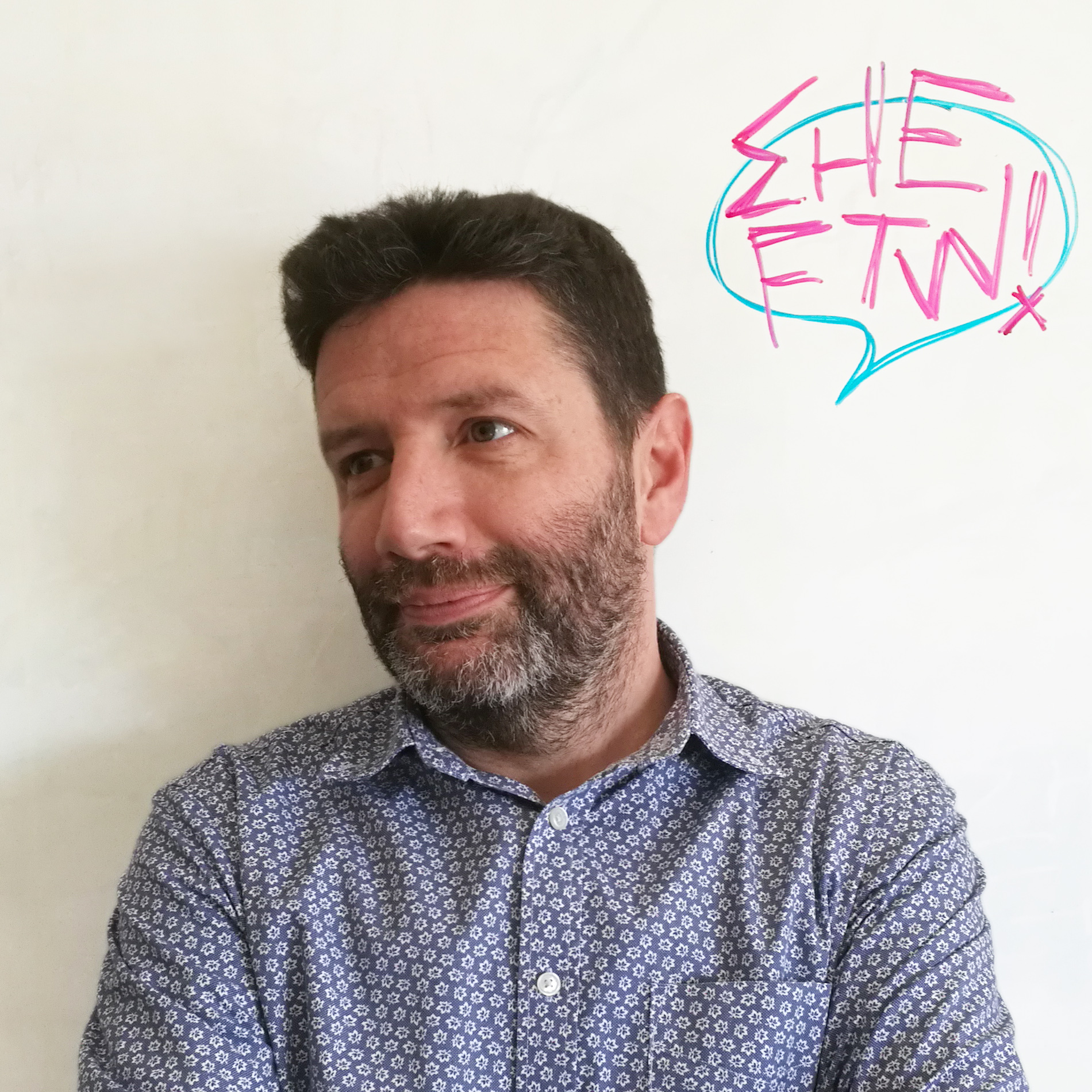
Giorgos Andreou
Georgios Andreou is Assistant Professor in the Department of Electrical and Computer Engineering of the Aristotelio Panepistimio Thessalonikis / Aristotle University of Thessaloniki (Greece). He has obtained his Diploma and Ph.D. in the same Department. His research interests cover the distribution of electrical power, both in terms of modelling, operation and protection, as well as regarding Demand Side Management, with emphasis on the required infrastructure, data analysis and implementation towards behavioural change. He is also a member of the Gender Equality Committee, Faculty of Engineering, Aristotle University of Thessaloniki.
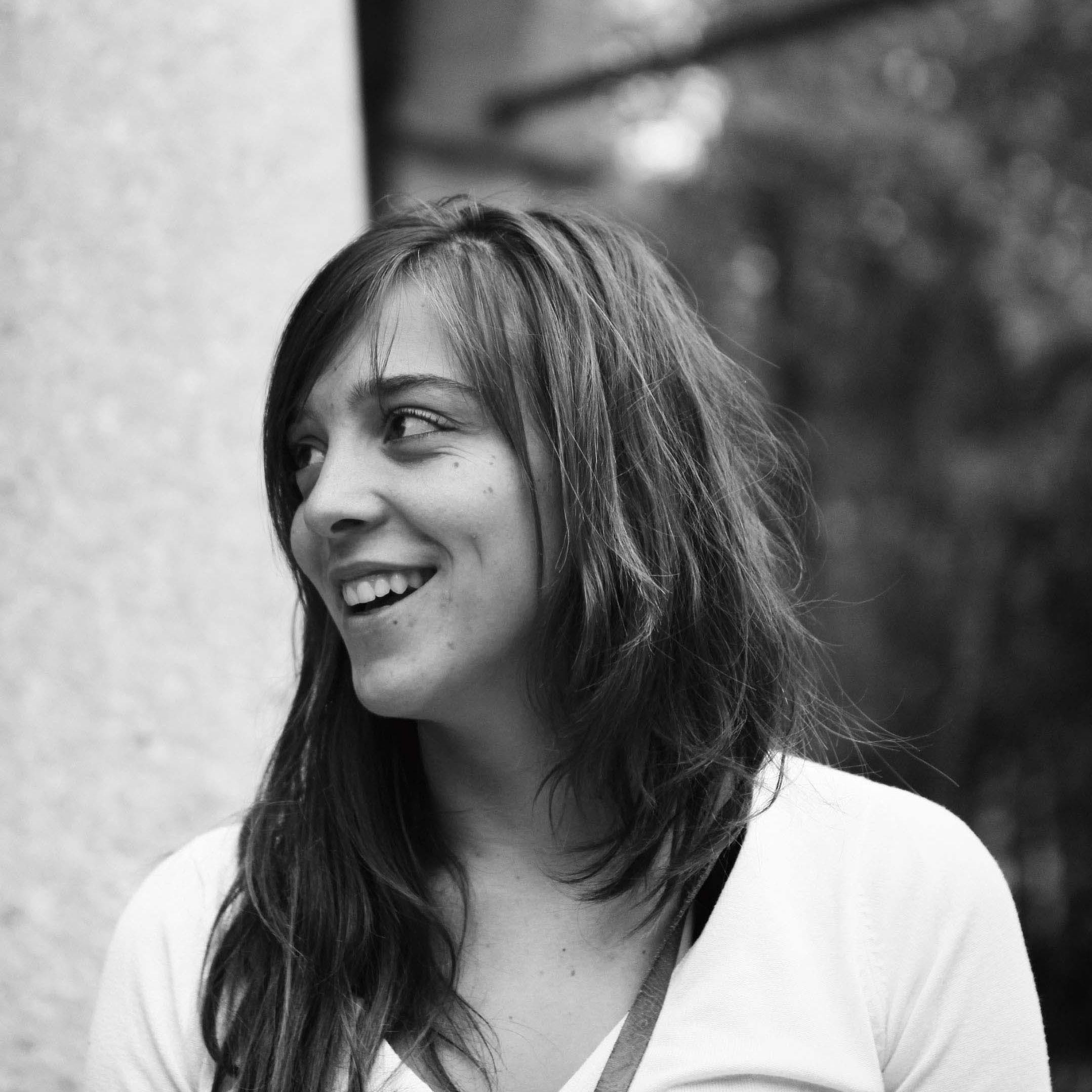
Ioanna-Mirto Chatzigeorgiou
Ioanna-Mirto Chatzigeorgiou is a Ph.D. Student and Research assistant working at the Power Systems Laboratory of the Electrical and Computer Engineering Department at Aristotelio Panepistimio Thessalonikis / Aristotle University of Thessaloniki (Greece). Her research interests lie in the field of household energy consumption, feedback and demand response applications towards behaviour change. Lately, she is focusing on gamification as a tool for social engagement in energy communities. She has worked as a cultural manager, secondary education teacher and youth worker for more than 15 years.
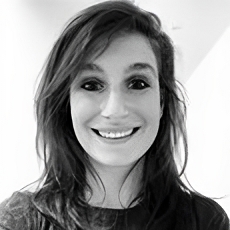
Antonia Christou
Antonia Christou is coordinating the Innovation and Entrepreneurship activities at Technologiko Panepistimio Kyprou / Cyprus University of Technology (Cyprus) for the EUt+ Alliance (Inno-EUt+). She is also involved in areas such as Industry Collaboration and Technology Transfer. Before joining Cyprus University of Technology and Inno-EUt+, she worked in the aerospace industry in France and as an Innovation Manager in Singapore, supporting Entrepreneurs and startups through the Industry 4.0 Accelerator she supported creating. Throughout this time, she was also a Board Member of La French Tech Singapore. She holds a Bachelor’s degree on Foreign Languages Applied to Economics and a Master’s degree on Business Development by the Université Toulouse II (France).
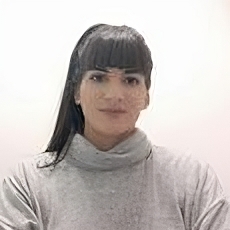
Eirini Christou
Eirini Christou is a postgraduate research associate at the Cyprus Interaction Lab of the Technologiko Panepistimio Kyprou / Cyprus University of Technology (Cyprus). She holds a BA of Primary Education from University of Cyprus and a MA from the Department of Communication and Internet Studies of Cyprus University of Technology. Eirini was the project manager of the FeSTEM project that aimed to empower women to remain active in STEM fields. Her research interests include gender equality, STEM, technology, children, elder adults and women.
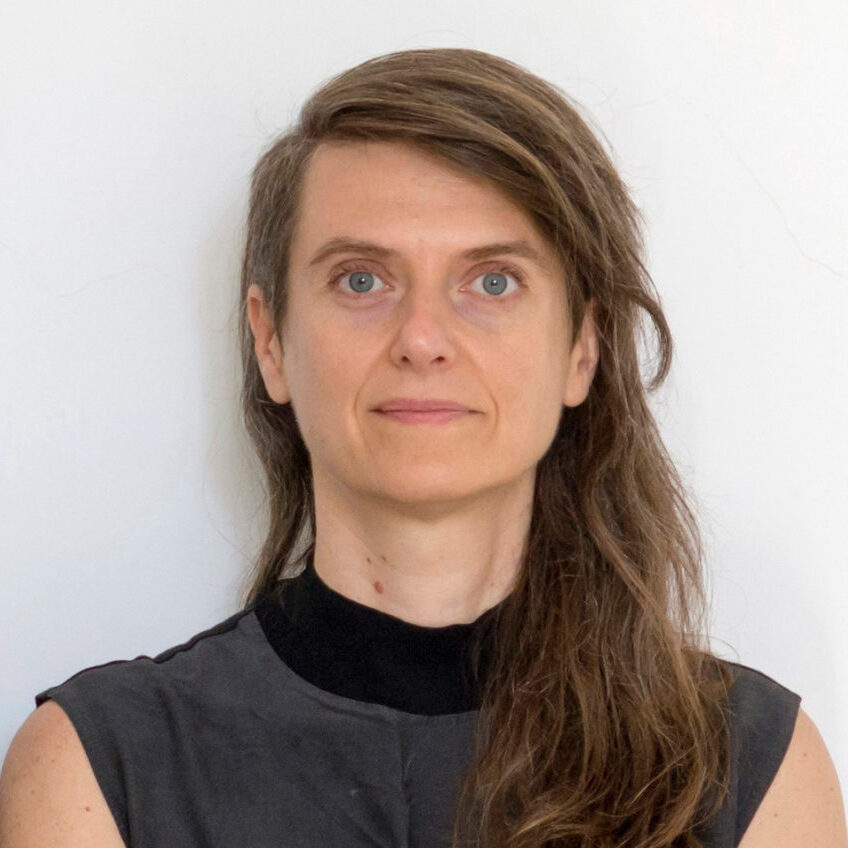
Ana Džokić
Ana Džokić is an architect, with over 20 years of experience pioneering unconventional approaches to the challenges of contemporary urban development, including small-scale solar. She is a founding member of two civil associations that deal with the unsustainability of the current housing condition: Ko Gradi Grad in Belgrade and Stad in de Maak in Rotterdam. Since 2019, Ana is a founding member of Energy Cooperative Elektropionir (Belgrade) - pioneering energy cooperative created with the idea of being one of the key actors in empowering ordinary people to more actively participate in the transition of the Serbian energy sector to renewable energy sources. Elektropionir was instrumental in changing Serbian law to recognize communities as prosumers – producers of electricity for self-consumption. Elektropionir is a member of RESCoop, a European umbrella organisation of energy cooperatives.
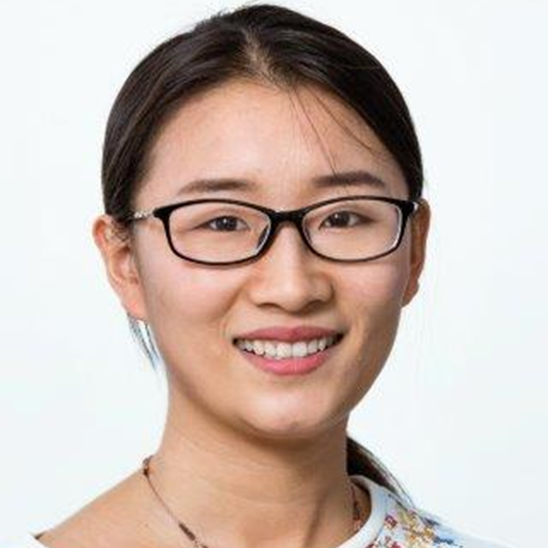
Aihui Fu
Aihui Fu is currently working as a postdoctoral researcher at Technische Universiteit Delft / Delft University of Technology- TU Delft (the Netherlands). She received the BSc in electric engineering from China Agricultural University and the MSc in electrical engineering from Shandong University, China. Her research interests include distributed optimization control, power system stability analysis, renewable energy resources, and battery energy storage.
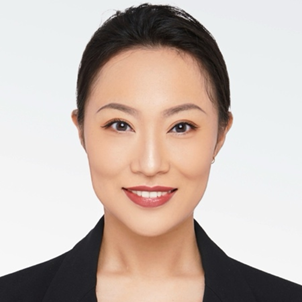
Shuyi Gao
Shuyi Gao is a Ph.D. candidate in the Intelligent Electrical Power Grids (IEPG) Group, Technische Universiteit Delft / Delft University of Technology - TU Delft (the Netherlands) since 2022. She received both her MSc and MSc in electrical engineering. At TU Delft, her research focuses on the application of reinforcement learning for distribution network energy resources dispatch optimization. She also works for the EU project FemPower, which aims at promoting the communication of female researchers in the Clean Energy Technology sector.
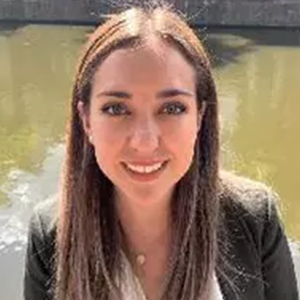
Paola Ibarra-Gonzalez
Paola Ibarra-Gonzalez is an Assistant Professor at ESS department in the Faculty of Technology, Policy, and Management at Technische Universiteit Delft / Delft University of Technology - TU Delft (the Netherlands). She holds a BSc in Chemical Engineering (Mexico), a MSc in Materials and Renewable Energy Systems (Mexico) and a PhD in the field of Energy and Environmentally Efficient Technologies (Denmark). Her research focuses on process systems engineering including synthesis, design, modelling, simulation and optimization of bio-based processes. Her main research focus is on the decarbonization of the industrial sector. She is part of the VICI grant project of ‘Unravelling the impacts of alternative materials in industrial clusters’, led by Prof. Andrea Ramirez, on the assessment of the impacts induced by changing the fossil-based feedstocks with alternative raw materials such as biomass and CO2.
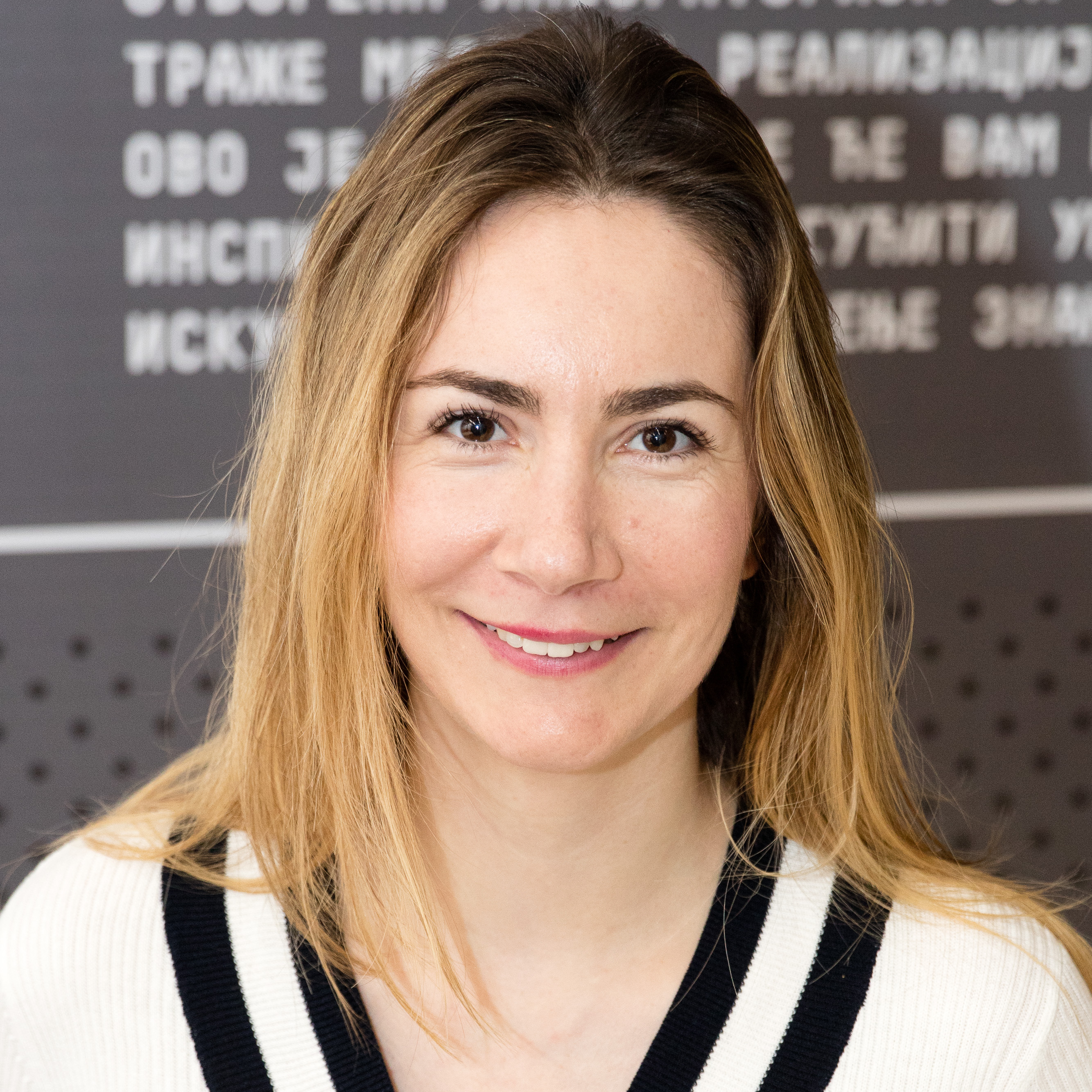
Jelena Joksimović
Jelena Joksimović is a psychologist, researcher and an activist in the field of education. She received doctorate in psychology of education at the Department of Psychology at the Faculty of Philosophy, University of Belgrade (Serbia) where she used to work as a teaching associate. Her field of research includes: the field of critical pedagogy; relationship between maker culture and education; art and science as well as the phenomenon of the quality of the teaching/learning process. She is a co-founder and an active member of the Škograd (Schoolcity) collective. She worked at the Centar za Promociju Nauke / Center for the Promotion of Science – CPN (Serbia) as a coordinator of educational programs.

Anastasia Maniki
Anastasia Maniki is a trainer/researcher at the Diotima Centre, a non-profit, non-governmental women’s organization in Greece. Her studies in Psychology and Human Rights have provided her with a solid foundation in understanding human nature and helped her challenge new facts and issues. Currently, she is studying for her second master’s degree in Gender Studies and working on EU-funded projects.
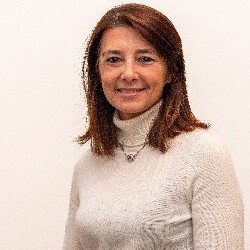
Isabella Nova
Isabella Nova is Full Professor in Chemical Reaction Engineering at Politecnico di Milano (Italy). She got her MSc in Chemical Engineering in 1996 and her Ph.D. in Industrial Chemistry in 1999 from the same university. She is an internationally recognized leader in the automotive catalysis area. In 2016, she was named one of the 100 Top Italian Women Scientists and in 2018 she was included in the Italian list of “Inspiring 50s”. Since 2023 she is Executive Vice Rector and Vice Rector for Strategic Plan at Politecnico di Milano and contributes to the definition and implementation of the university's strategic lines.
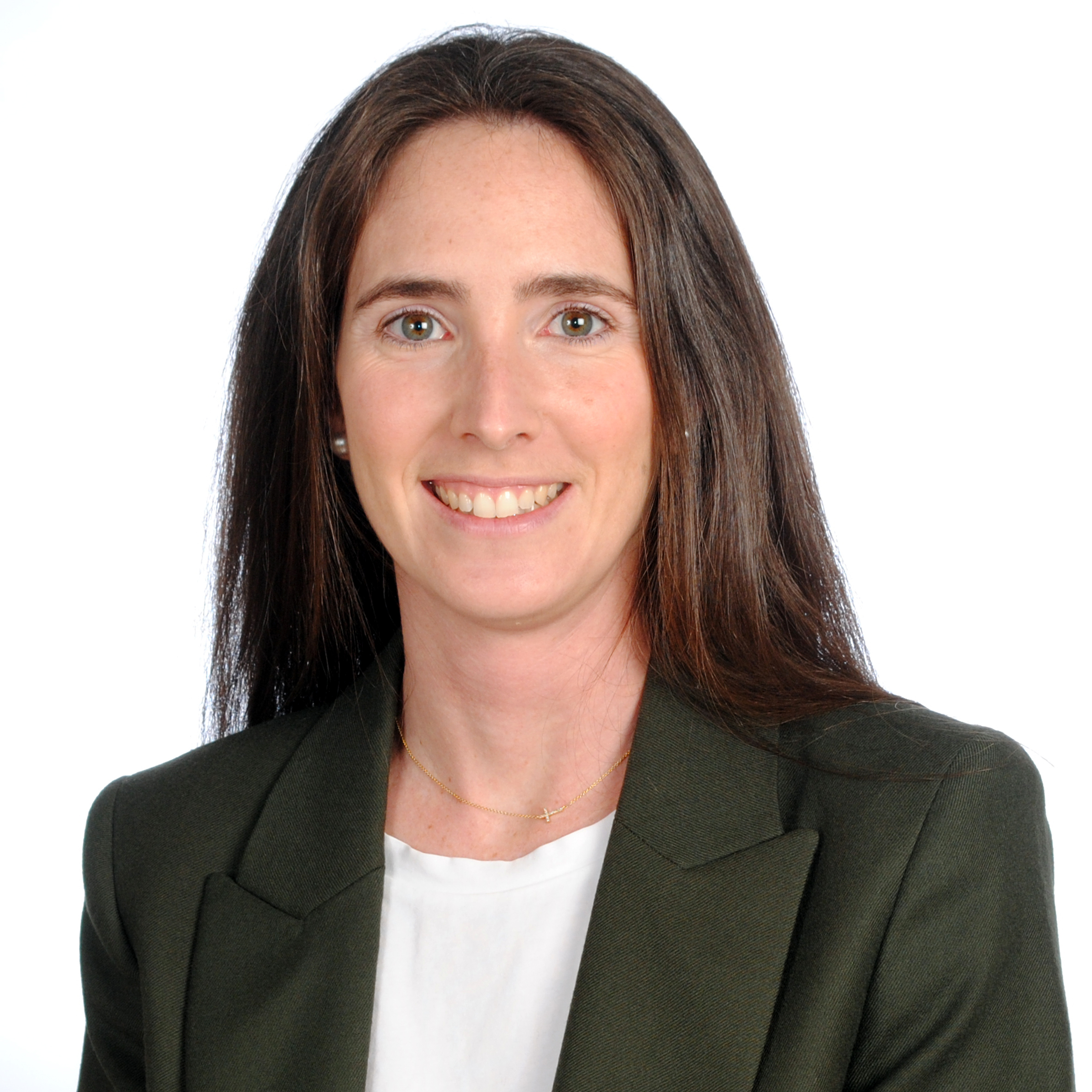
Nerea Ortega
Nerea Ortega is an Electrical Engineer at Iberdrola Renewables with 14 years of professional career on Clean Energy projects helping the decarbonization of the energy generation and also the heavy industrial consumption. Specializing in energy storage, Nerea uses that experience to develop flexible solutions to the energy generation plants and advanced energy management tools, allowing a higher penetration of green energy in final electrical consumption. Nerea has participated in Flex4Fact EU-funded project that aims to develop an end-to-end ecosystem for flexible manufacturing processes as demand response vector. She has also participated in Basque Country granted program Hazitek for GENFLEX and GRETHA projects, aiming to developed advanced energy management solutions for multi-energy microgrids for energy market participation.
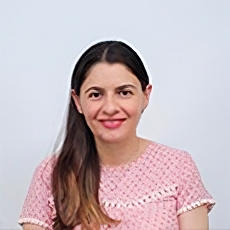
Antigoni Parmaxi
Antigoni Parmaxi is the Coordinator of the Learning Development Network of Technologiko Panepistimio Kyprou / Cyprus University of Technology (Cyprus). She is also a Special Teaching Staff (Greek Language) at the Language Centre and a Postdoctoral Research Associate at the Cyprus Interaction Lab of the Department of Multimedia and Graphic Arts of the same university. She holds a BA in Classical Studies from the University of Cyprus, a MA in Pedagogical Sciences from the same university and a Ph.D. from Cyprus University of Technology. She offers undergraduate and postgraduate courses in academic language learning, second language instructional technology and emerging technologies in language learning.
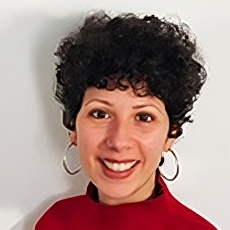
Eleni Pashia
Eleni Pashia is a Research and Teaching Associate at Technologiko Panepistimio Kyprou / Cyprus University of Technology (Cyprus). Her work at EUt+ alliance and Rector’s office focuses on promoting Equality, Diversity, Inclusion and Disability issues for the institution’s systemic change, while she teaches at the MSc Interaction Design. She is also an accredited vocational trainer and collaborates with several organizations to empower underrepresented groups, and organizations. Eleni has a background in Architecture Engineering and holds a Ph.D. in Architecture from the Faculty of Social Sciences at Sheffield University (United Kingdom).
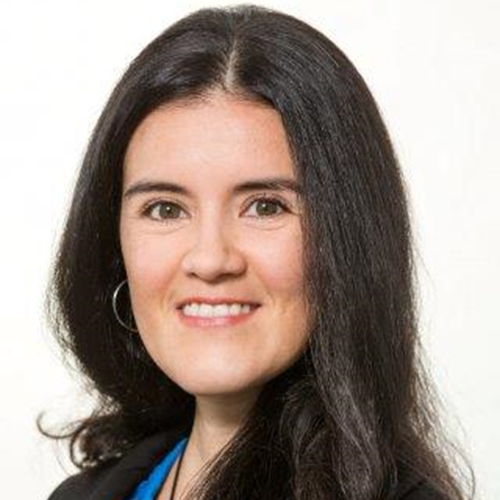
Laura Ramirez Elizondo
Laura Ramirez Elizondo is currently an Assistant Professor in the DC Systems, Energy Conversion and Storage group at Technische Universiteit Delft / Delft University of Technology- TU Delft (the Netherlands). She received the BSc in electrical engineering and in music (with a major in Piano) at the Universidad de Costa Rica. She graduated with honors from the MSc studies in electrical power engineering in 2007, and the Ph.D. degree in electrical engineering in 2013, both from Technische Universiteit Delft / Delft University of Technology- TU Delft. She has involved in the projects STW Perspektief P13-21: Smart Energy Management and Services in Buildings and Grids (SES-BE); KI Switch 2 Smart Grids: Flexible and future power links for smart grids (FLINK); and NWO URSES project: Gaming beyond the Copper Plate. She is the Co-coordinator of the recently awarded ERA-NET SMARTGRID+ project DC SMART: DC Distribution Smart Grids.
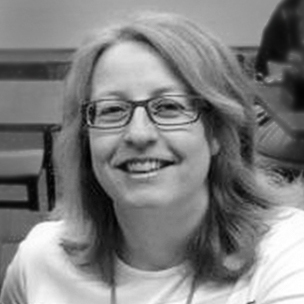
Panagiota Rouni
Panagiota Rouni is a Lecturer at the Mechanical Engineering School at Ethniko Metsovio Polytechnio / National Technical University of Athens (Greece). She is a member of the Gender Equality Committee of the same university. She was the President of the Greek Women’s Engineering Association and coordinator of the projects: EUMENTORSTEM: Creation of a EUropean e-platform of MENTORing and coaching for promoting migrant women in STEM and Women declare their active role for the protection of the Environment – the gender perspective on the Environment. She is currently participating in project GENDRHED: Tackling gender inequalities in research and higher education in Greece.
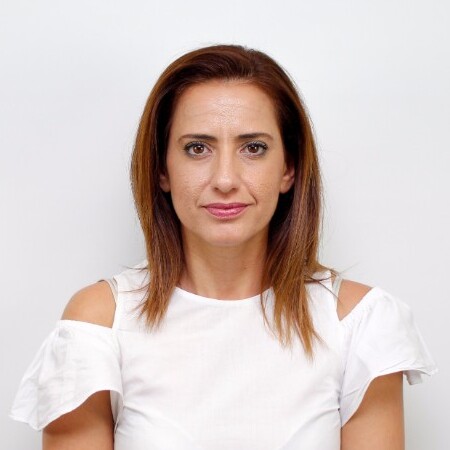
Elena Rousou
Elena Rousou works as a scientific staff member in the Nursing Department at Technologiko Panepistimio Kyprou / Cyprus University of Technology (Cyprus). Her academic qualifications include a Bachelor's degree in Nursing from Anglia Polytechnic University (United Kingdom), a MSc in Management of the Healthcare Sector from Open University of Cyprus, and a Ph.D. specializing in Community-Family Nursing and Public Health from Cyprus University of Technology. Dr. Rousou's doctoral research focused on evaluating the overall health of single mothers, with particular emphasis on identifying psychosomatic issues, depression, and the role of social support.
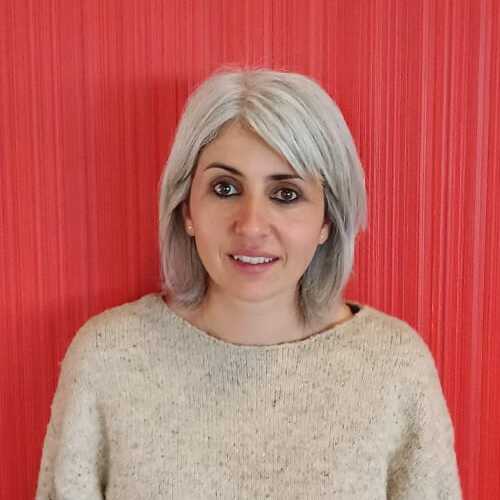
Paula Serras
Paula Serras has been working in the field of research since she finished her BSc in Chemical Engineering at the end of 2006. She did her doctoral thesis in the Department of Inorganic Chemistry at Universidad del País Vasco / Euskal Herriko Unibertsitatea (Spain) where she acquired extensive knowledge in the field of battery materials as energy storage devices. After two years of postdoctoral experience in this same field, she got a position as Assistant Professor in the current Department of Energy Engineering at the School of Engineering of Bilbao, thus joining a new research group – EOLO - in which, without leaving aside the field of energy, she started working in the field of fluid mechanics and marine energy.
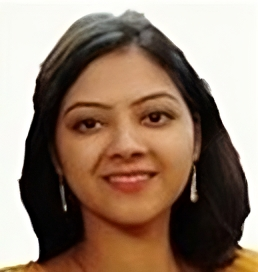
Monika Sharma
Monika Sharma is a Postdoctoral researcher at Technische Universiteit Delft / Delft University of Technology - TU Delft (the Netherlands) and is contributing to the HVDC-WISE project of the European Commission. With a strong focus on enhancing the performance of converters for HVDC-HVAC offshore network, her work aims to improve resiliency of the grid. She completed her Ph.D. from IIT Mandi (India), where she gained research experience in power converters, controllers, control schemes of voltage source converters, and power distribution systems. In addition to her Ph.D. work, Monika has actively contributed to two projects funded by DST, India, and IEEE. In these projects, she focussed on smart grid analysis for Indian scenario and testing of electric vehicles in hilly terrain.
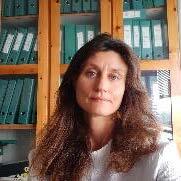
Theodora Slini
Theodora Slini received her degree in Mathematics, Aristotelio Panepistimio Thessalonikis / Aristotle University of Thessaloniki (Greece), followed by a MSc in Statistics - Applied Stochastic Systems at University College London (United Kingdom), and a Ph.D. at the Department of Mechanical Engineering, Aristotle University of Thessaloniki. She is currently Laboratory Teaching Staff at the Laboratory of Heat Transfer and Environmental Engineering at the same university. Her main research interests focus on air quality, air pollution forecasting, environmental and energy statistics, environmental management systems, environmental education. She is an Editorial Member of the International Journal of Energy Policy and Management and Reviewer in the International Journal of Sustainable Energy and the American Journal of Environmental Policy and Management. She is an active member of the Gender Equality Committee, Faculty of Engineering, Aristotle University of Thessaloniki.
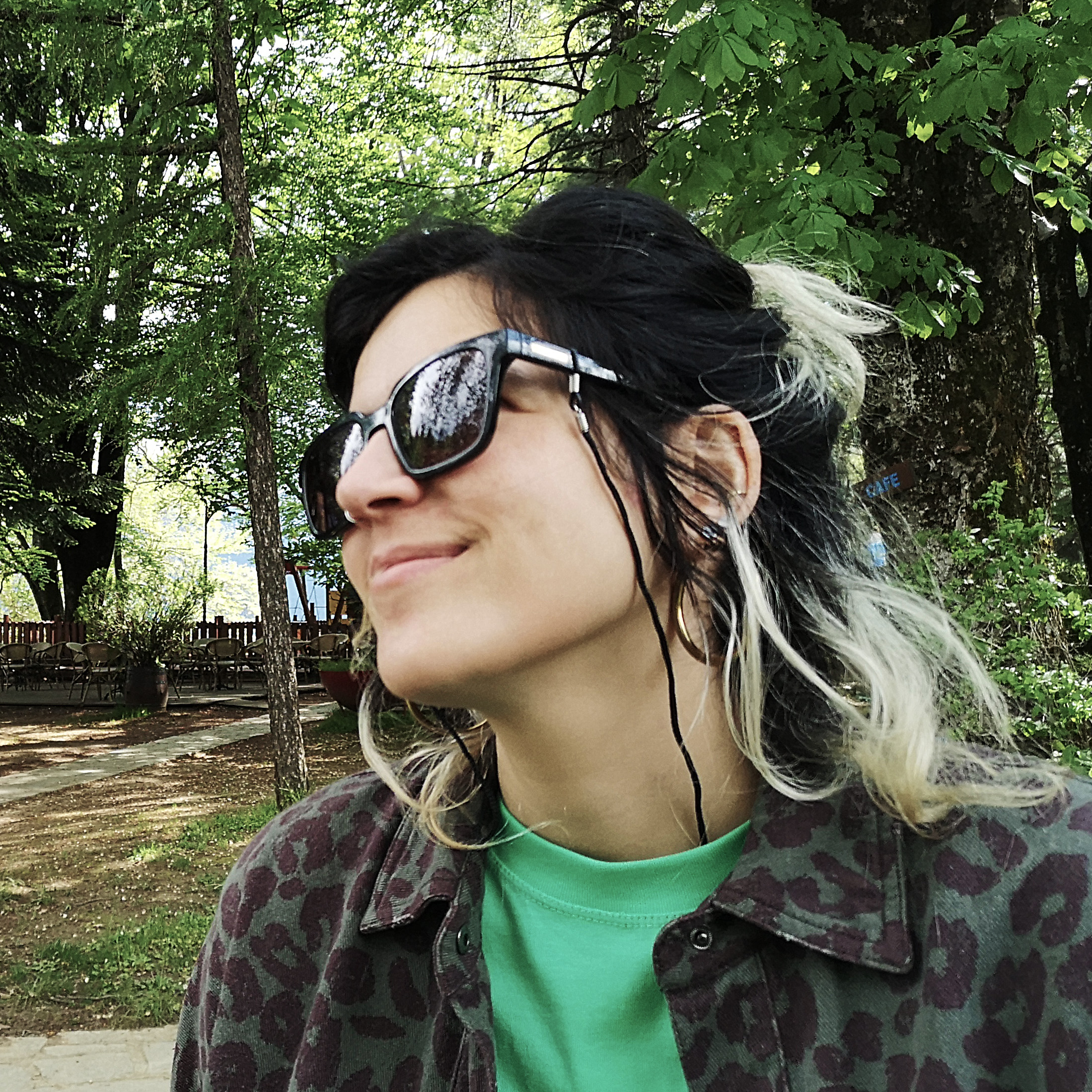
Anastasia Stefanidi
Anastasia Stefanidi is a Ph.D. Student and Researcher working at the Power Systems Laboratory, the Aristotelio Panepistimio Thessalonikis / Aristotle University of Thessaloniki (Greece), following her diploma in Electrical and Computer Engineering. Her research interests include protection system optimization, distribution automation, energy efficiency and demand-side management. She is also a teaching assistant in several Power System subjects and has co-organised and implemented many educational activities for children, focusing on power systems and energy consumption. Sometimes, she works as a graphic designer too.
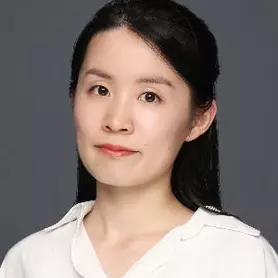
Fei Wu
Fei Wu is a visiting student at Technische Universiteit Delft / Delft University of Technology- TU Delft (the Netherlands), working with Dr. Stefan Pfenninger (Energy and Industry Group). She is a PhD candidate at the Climate Policy group, at Eidgenössische Technische Hochschule – ETH Zürich (Switzerland). Her research focuses on modelling the future role of sustainable bioenergy in Europe. The applied methods include Calliope (linear energy system optimisation model), SOLm(mass-flow agricultural and food system model), and integrating stakeholder engagement into modelling frameworks.
Course Designer
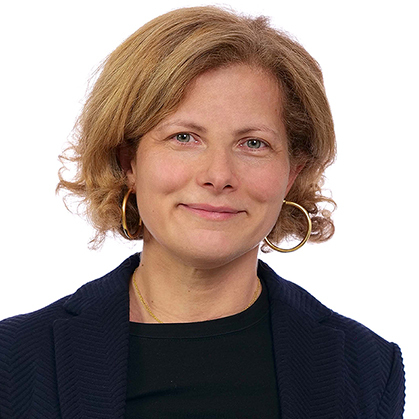
Ada Giannatelli
Ada Giannatelli is project manager at METID, the unit of Politecnico di Milano (Italy) devoted to teaching and learning innovation. Graduated with a MA in Classics from Università Cattolica del Sacro Cuore, Milan, she has over 20 years of experience in instructional design and in EU-funded projects; among the most recents ones, she participated in ECCOE (awarded the Good practice label) and INSYSTED (awarded as Best practice example). Her areas of interest include micro-credentials and European standards to support recognition of MOOCs.
Contact details
If you have any enquiries about the course or if you need technical assistance please contact pok@polimi.it. For further information, see FAQ page.